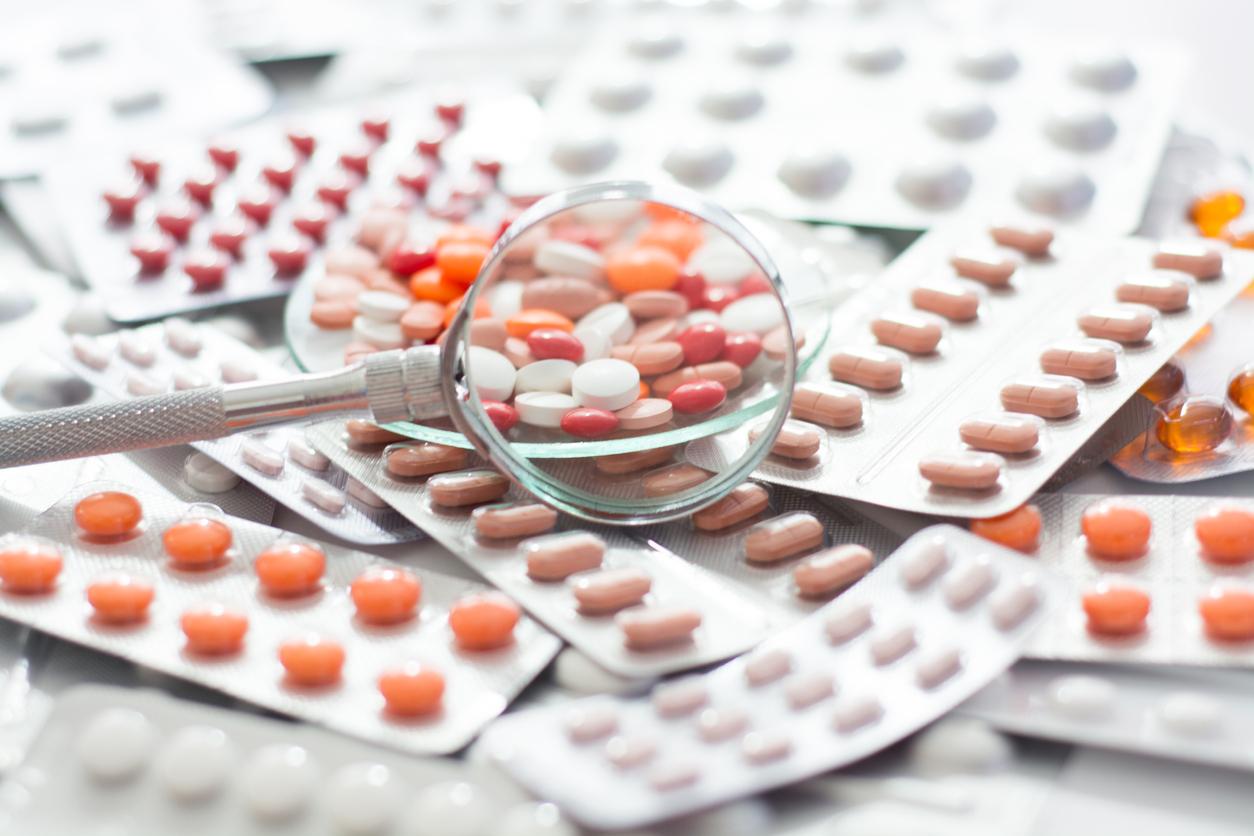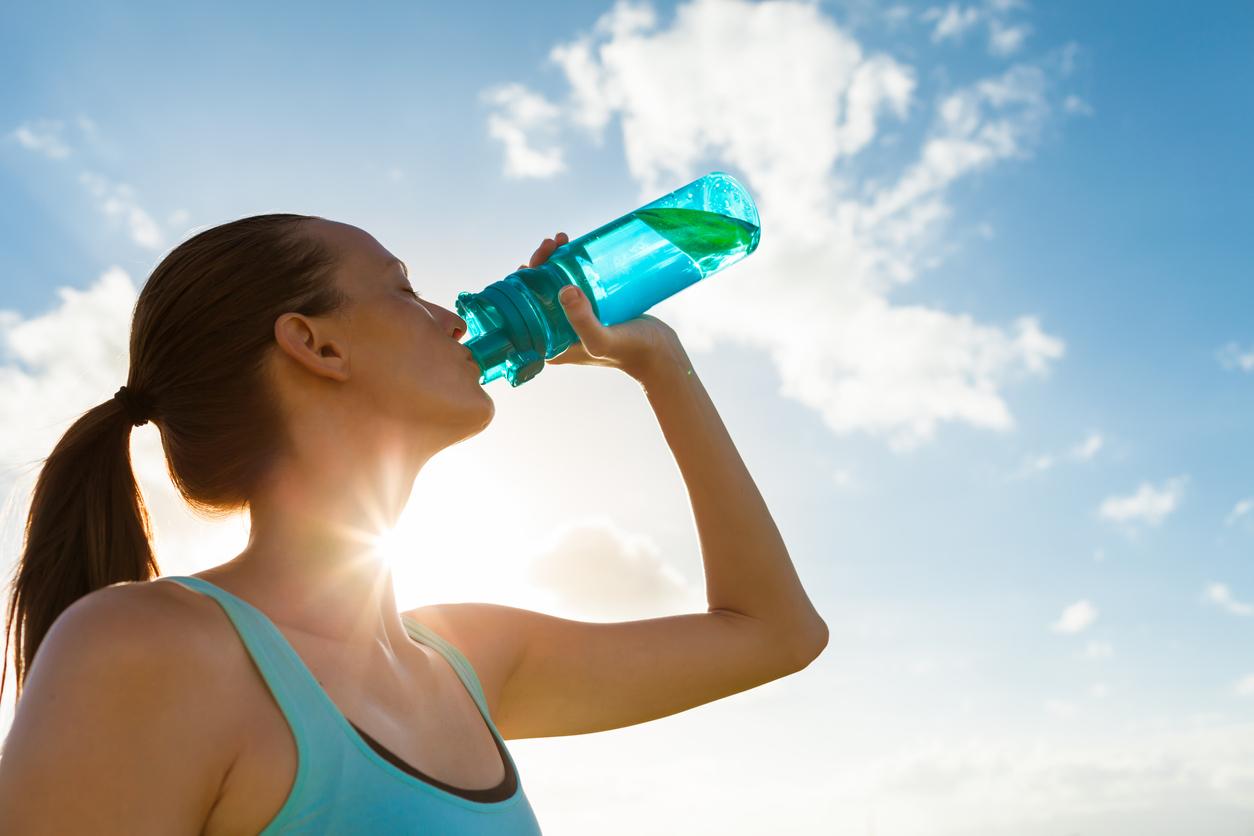Thirst means that your body is deficient in water. So you always have to give in to it. PlusOnline answers 8 questions about thirst.
Why are you thirsty?
Thirst is caused by the body feeling a lack of water. At a loss of 1 to 2 percent of body weight (700 to 1500 ml for a 70 kg person), the brain calls out: thirst! Water is in almost all organs. In addition, blood consists largely of water.
What happens in the body when you are thirsty?
Besides giving the signal ‘thirst’, the brain also secretes a hormone. This so-called antidiuretic hormone causes the kidneys to retain more water in the body and therefore make less urine.
What happens if there is too little fluid in the body?
The blood takes precedence, because water from the rest of the body draws there. In the long run, the other body tissues dry out as a result.
The brain cells are the first to malfunction: you become drowsy or confused. The amount of water in the blood will also decrease to such an extent that complaints arise. Blood pressure drops, which can lead to damage to organs such as kidney, liver and brain.
When are you thirsty quickly?
When the body loses fluid faster than normal. The cause of this can be very different. It can be caused by illness (diabetes, diarrhoea, fever), by drinking too much alcohol, by eating too much salt, by the heat or by exercise.
Are you always thirsty in time?
New. With diarrhea and vomiting, thirst sometimes lags behind. When diarrhea and vomiting persist for a long time, the glucose-salt preparation ORS . can (Oral Rehydration Salts) help to relieve dehydration. It is available at pharmacies and is a useful remedy for your travel pharmacy, especially when traveling to (sub)tropical areas. Until recently, it was thought that sports did not make you thirsty in time, and it was recommended – especially in the heat and on long distances – to ‘pre-drink’. The ACSM’s Current Recommendation (American College of Sports Medicine) is to drink when you are thirsty.
What do you drink during sports?
During prolonged exercise in the heat, it is important to drink from the start, about 400 to 800 ml per hour. Fluid loss can increase considerably through perspiration. Water is fine for an effort of less than an hour. For a longer duration, a thirst quencher is preferred. It contains sugars, which replenish the energy supply, and salts, which improve the absorption of moisture.
And during a heat wave?
The body loses heat by evaporating water. That taps
namely energy, so heat, at the
body. Do not use salt tablets during a heat wave. That disrupts it
body more than it does good. A salt deficiency is only to be expected if someone has lost more than four liters of fluid and has only drunk water. Normally there is enough salt in the diet, even without adding salt. If you are not sure whether you are getting enough salt in the heat, you can eat something savory every now and then.
And when thirsty during a fever?
When you have a fever, you perspire more. Continue to drink normally, despite the bad feeling. Sucking on a popsicle or ice cube can be pleasant. Until recently, it was often recommended to drink extra fluids in case of bronchitis or pneumonia with a fever. Recently it turned out that this is not necessary and can even be harmful. This is probably because in bronchitis and pneumonia extra anti-diuretic hormone is produced by the brain, causing the kidneys to retain more water than normal.
Sources):
- Plus Magazine















